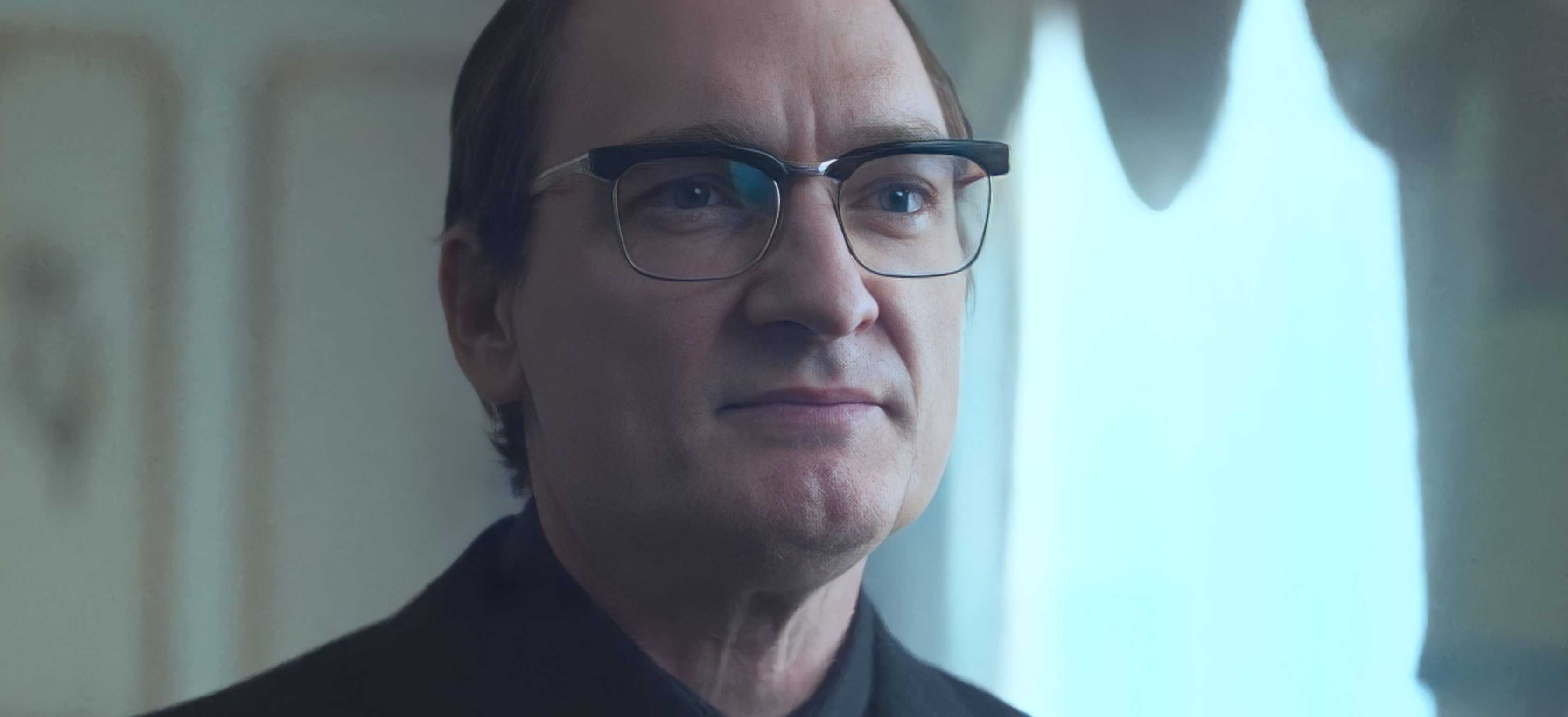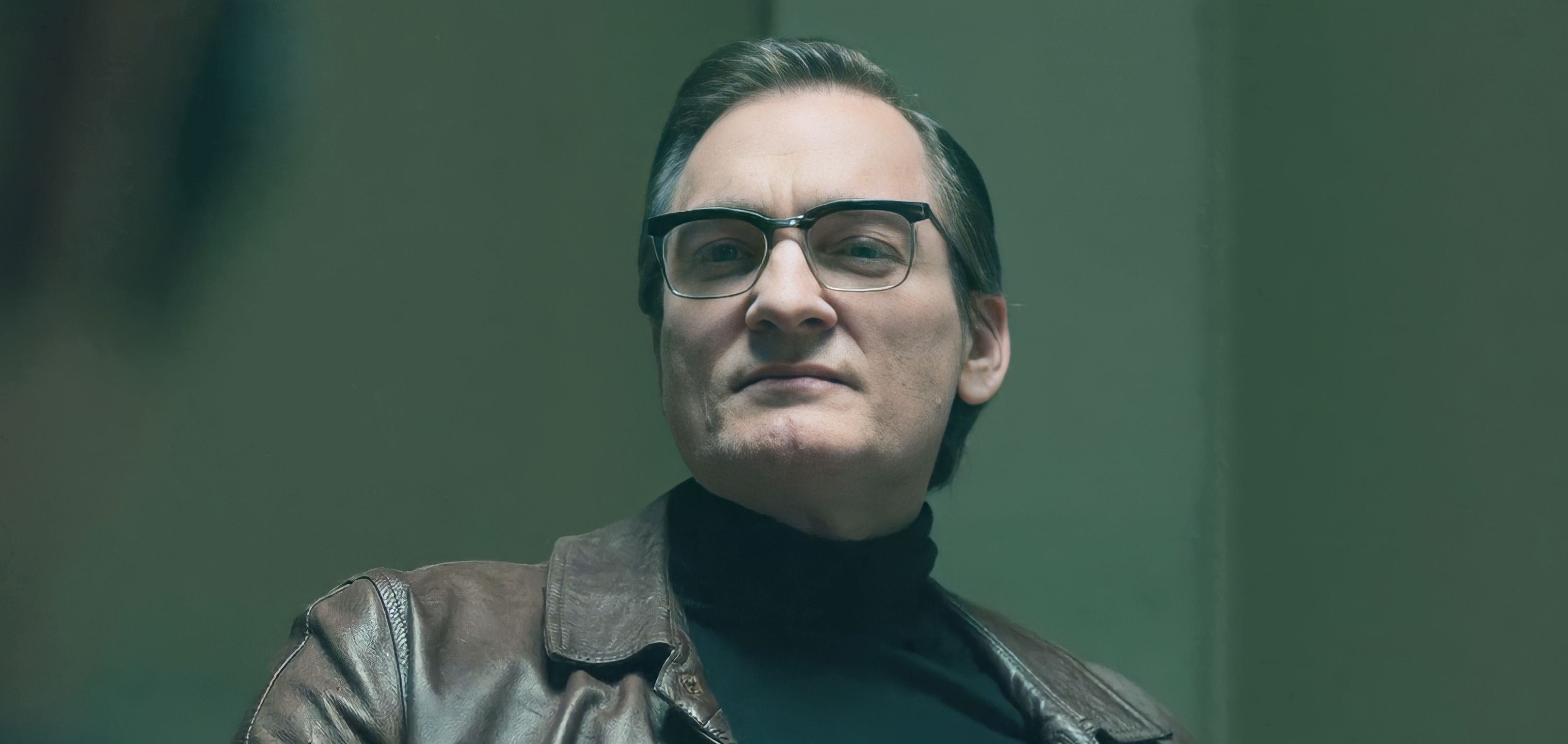Netflix’s crime film ‘A Man of Action’ centers around Lucio Urtubia, an infamous Spanish bank robber who targets several Parisian banks. After a series of robberies, Lucio starts focusing on producing counterfeit dollar bills. When Lucio realizes the dangers of dealing with counterfeit currency, he changes his strategy and starts producing forged traveler’s cheques in the name of the First National City Bank. The fake cheques get cashed in at several European branches of the bank, resulting in an enormous loss for the establishment. To put an end to the predicament, the headquarters of the bank sends Barrow to Paris. Since Barrow plays an integral role in Lucio’s survival, we have tried to unravel the character’s real-life connections. Here are our findings!
Monsieur Barrow is a Fictional Character Who Represent Numerous Real Banker
In ‘A Man of Action,’ Barrow arrives in Paris, France, after getting assigned to put an end to the flow of forged traveler’s cheques. Barrow becomes a frequent presence in Inspector Costello’s office as he tries to put pressure on the police officer to hasten the investigation against Lucio Uturbia. After Lucio’s arrest, the anarchist offers to return the counterfeit plates he used to produce the forged cheques to Barrow in return for his freedom and compensation. Barrow drops the charges against the anarchist and gives him “a lot of money” to stop Lucio from producing cheques in the name of his bank again.

Although Lucio Urtubia is a real anarchist who robbed the First National City Bank, presently known as Citibank, using forged traveler’s cheques, Barrow seems like a fictional character conceived by screenwriter Patxi Amezcua and director Javier Ruiz Caldera. There aren’t any reports that suggest a particular First National City Bank employee had repeated meetings with Lucio and was involved in the official investigation of the French police into Lucio and his crimes. Since the Spanish film opens with a disclaimer that reveals certain characters were created or altered for the dramatic purposes of the narrative, it is safe to assume that the character of Barrow is one among them.
In reality, the deal Lucio offered to earn his freedom and compensation was made with several First National City Bank employees rather than a particular employee like Barrow. As per reports, it was an attorney, instead of Lucio, who delivered the counterfeit plates and the unused forged cheques to a group of bank officials instead of a particular employee. Thus, Barrow can be seen as a character conceived to represent the numerous First National City Bank officials who were involved in the dealings with Lucio. By combining those individuals into a single antagonistic character, Caldera succeeded in conceiving a showdown which becomes the climax of the film, which also enhances the drama of the narrative.

Barrow can also be seen as an “agent of capitalism.” He uses his position in one of the largest banks, if not the largest bank, in the world to confront French law enforcement officers who are doing their job. The banker also takes advantage of his position to interrogate Lucio despite not being a police officer. Through Barrow’s decision to strike a deal with Lucio, Caldera’s film depicts that justice only matters when the capitalist forces want the same. Rather than allowing the judicial processes to convict Lucio for the crimes he had committed, Barrow intervenes and drops charges against the anarchist since he gets a favorable deal, disrupting the process of justice.
Read More: Is A Man of Action’s Inspector Costello Based on a Real Cop?


You must be logged in to post a comment.